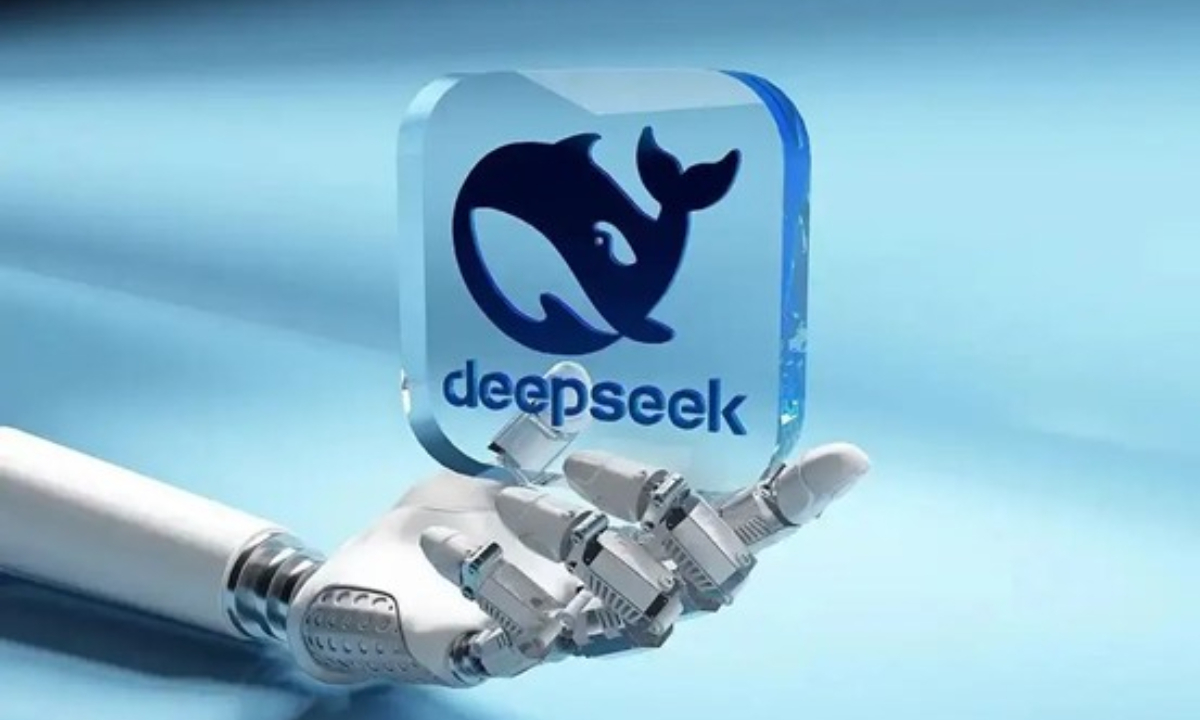Impact of Nvidia-OpenAI's $100B Deal

The recent monumental deal between Nvidia and OpenAI, valued at $100 billion, is not merely a finance-driven collaboration but signifies a pivotal moment in the technology and artificial intelligence sectors. As global leaders in AI and semiconductor technology respectively, this partnership reflects a critical convergence of talent and resources, poised to reshape the competitive landscape of AI development. Investors and analysts alike should open their eyes to the multifaceted implications of this agreement, which injects unprecedented momentum into the innovative capacities of both organizations and the broader industry.
Centered around an initial investment of $10 billion from Nvidia, with projections for a cumulative valuation reaching $500 billion, this deal presents a robust reinforcement of financial clout that can accelerate the development of generative AI models. The strategic importance here cannot be overstated, considering that cutting-edge GPUs from Nvidia are essential for processing the intense data demands of AI systems. This coupling of hardware prowess with pioneering AI research prompts the question of whether the existing competitive conditions in the sector can sustain themselves, as firms like Microsoft and Oracle now face increased pressure to innovate or risk losing market share.
Reflecting a historical lens, one might draw parallels to the dot-com bubble of the 1990s, when rapid advancements led to the emergence of tech behemoths. However, unlike the speculative exuberance of that era, what distinguishes today's situation is the tangible, productive capabilities unlocked by AI and advanced computational technologies. As Nvidia's market cap unexpectedly surged to approximately $4.5 trillion following the announcement, driven by a rise of $170 billion in stock values, one must question whether this reflects a genuine long-term growth trajectory for the tech sector or a speculative bubble driven by the allure of AI. Moreover, the potential for unintended consequences looms large; soaring valuations could lead to an environment where startups find it increasingly difficult to acquire the necessary resources and capital, thereby stifacing true innovation.
The collaboration, however, opens doors to significant opportunities as well, particularly in the way other industries may respond to this concentration of power. Firms are likely to seek diversifying partnerships, exemplified by OpenAI's recent alliance with Oracle amounting to $300 billion for cloud services. This trend signals that while Nvidia and OpenAI consolidate power, other players are searching for ways to remain competitive in a marketplace that increasingly rewards strategic alliances. Such dynamics will undoubtedly influence investment decisions, regulatory scrutiny, and consumer adoption moving forward.
In conclusion, the $100 billion deal between Nvidia and OpenAI stands as a harbinger of change in the technology space, fostering an environment ripe for innovation yet fraught with ethical and competitive dilemmas. Stakeholders, from investors to consumers, must navigate this evolving landscape with keen awareness of the broader implications at play. Will this partnership enhance our technological frontier, or will it raise barriers to entry that stifle competition and diversity in innovation? Only time will unveil the nuanced effects of this alliance on the future economic trajectory of the technology sector.
Read These Next

Credit Ratings Send Mixed Signals for Investment Strategies
The article discusses the recent credit ratings update for a company by major agencies, highlighting concerns and the implications for investors and stakeholders.

Alibaba and DeepSeek Unveil New AI Models to Boost Adoption
Alibaba and DeepSeek have launched upgraded AI models to enhance adoption across industries and democratize access to technology.

Leadership Change After Ms. Dai Juy's Passing
The report discusses the significant change in ownership and control of the company following the passing of Ms. Dai Juy and the inheritance of her shares by her son, Mr. Tao Hai. It highlights the potential impacts of the ownership transition on investor sentiment and corporate governance in light of historical precedents.
